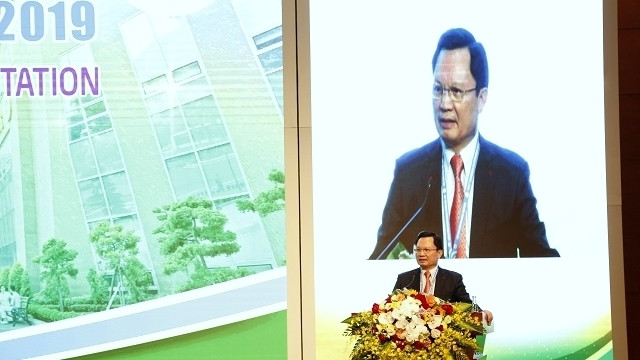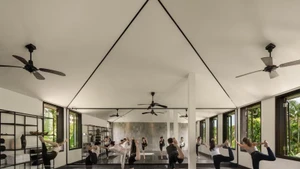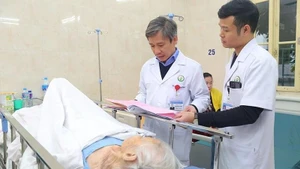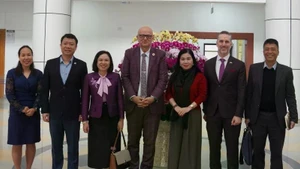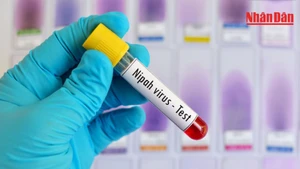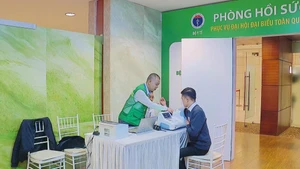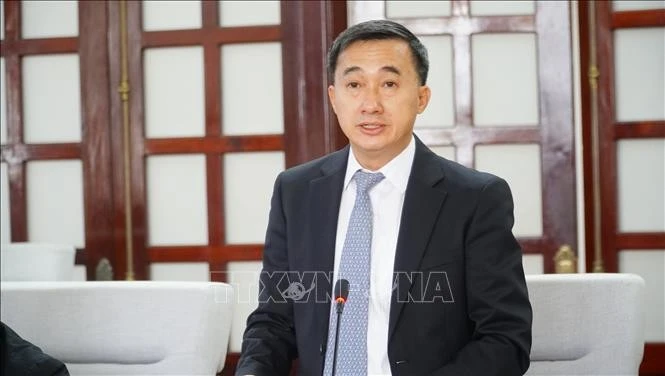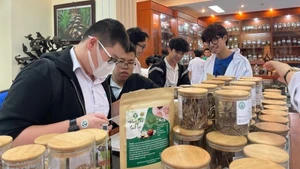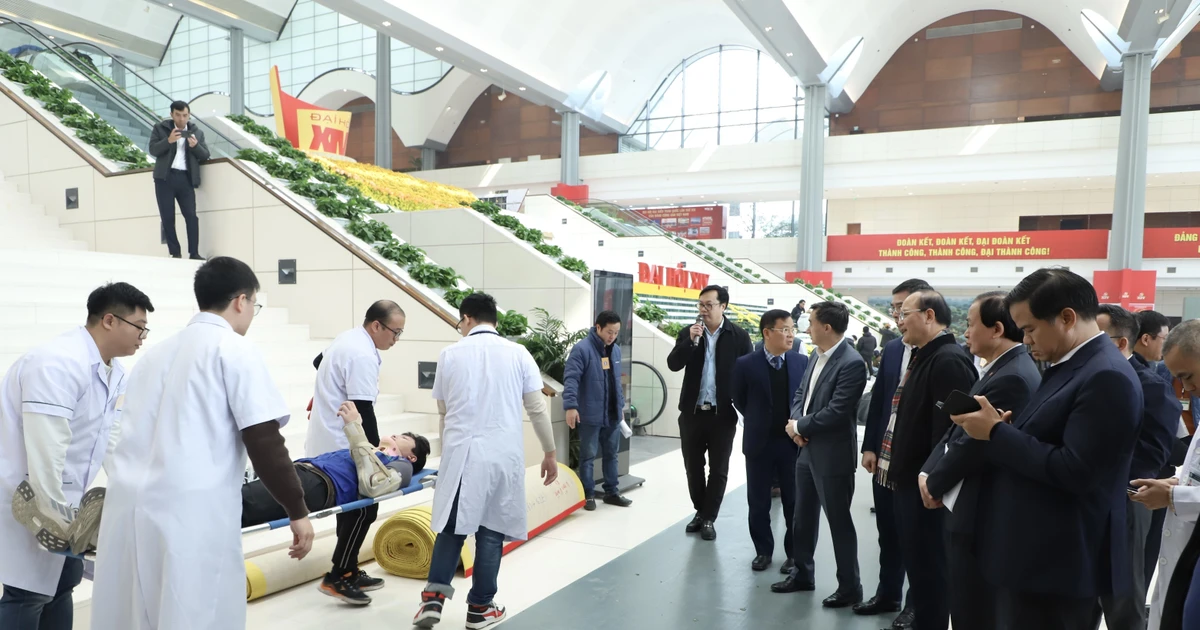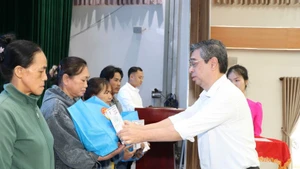The figures were announced at the 6th Vietnam Organ Transplant Symposium 2019, held at the Military Hospital 108 in Hanoi on November 8, to update and share new techniques in the field of organ transplant.
The conference brought together leading experts and scientists from around the world, as well as more than 1,000 domestic delegates who are surgeons and doctors from military and civilian hospitals nationwide.
Nearly 120 reports divided into intensive sessions on specific fields where organ transplant were presented at the event, helping improve the knowledge and experience in the field for experts for the ultimate goal to improve the quality of treatment and bring practical benefits to patients.
According to Lieutenant General, Professor, Dr. Mai Hong Bang, the head of the Military Hospital 108, although lagging behind the world 27 years in organ transplant, Vietnam has now established 19 transplant centres and made great progress both in tissue and organ harvesting and transplant techniques.
As of August 31, 2019, the country has performed more than 4,200 organ transplants, including nearly 4,000 kidney and 600 bone marrow transplants, while the remaining are liver, heart, lung and other types of organ transplants. In 2019 alone, the total number of organ transplants has reached 521 cases, Dr. Bang informed.
After more than three years of operation, the Centre for Human Tissue and Organ Transplantation at the Military Hospital 108 has successfully performed 42 kidney, 14 liver, 17 corneal and 75 stem cell transplants, bringing both scientific and profound human values.
In particular, on February 26, 2018, the hospital successfully performed Vietnam’s first lung transplant from a brain-dead donor, marking a milestone in the hospital's history in terms of technical qualifications and professional competence.
Lt. Gen. Bang also informed that by 2020, the hospital will conduct research and application of new tissue and organ transplantation techniques on par with developed nations in the region, such as transplantation of limbs, intestines, faces and uterus, meeting the healthcare needs of the army and the people.
